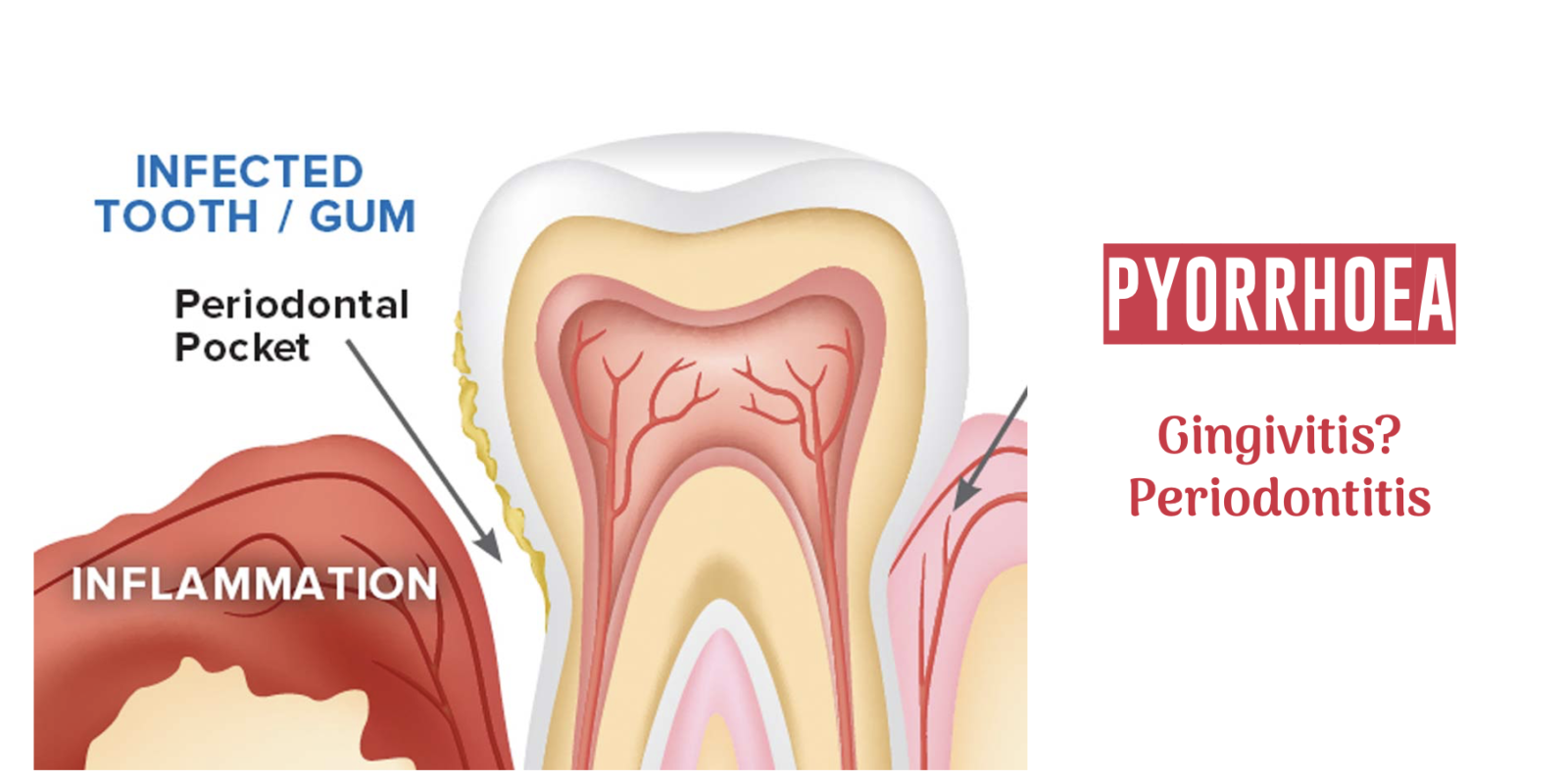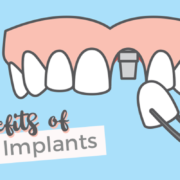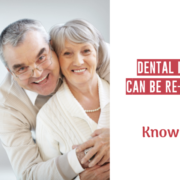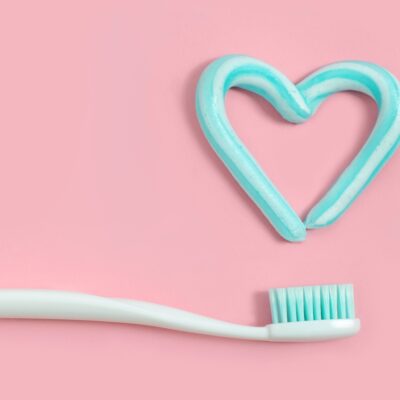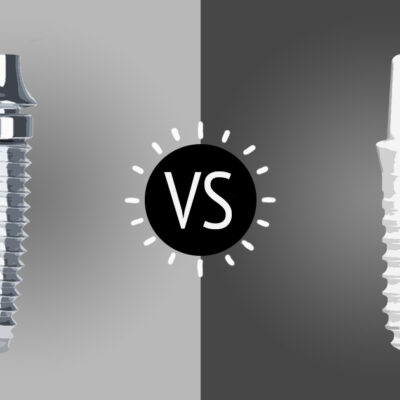Dental work can bring about some very visible and noticeable changes in your smile. Whether you choose to get veneers, a new set of crowns, or some other form of cosmetic dentistry, the results will be evident. However, as with any type of invasive procedure, it also leaves some pretty serious risks in its wake. Without proper care and maintenance, getting major dental work done could result in problems with your gums receding even further than they already are. This is because such procedures expose the roots of your teeth even more so than they already were before the work was performed. When this happens, there is a higher risk for bacteria to enter these exposed roots and cause gums to receed even faster than before.
Inadequate brushing, flossing, and rinsing with mouthwash makes it easy for plaque to turn into tartar Which basically builds on and between your teeth and can only be removed by a professional dental cleaning. It can lead to gum recession.
What is gum recession?
Gum recession is a condition that causes the gums to recede from the teeth. Gum recession is also often referred to as gingival recession, which is the medical term for this condition. The gums are the soft tissue that surround each tooth. In the event of gum recession, these gums pull away from the teeth and create pockets that can trap food and bacteria. This results in periodontal disease, which is an infection of the gums and bones around the teeth that can lead to tooth loss.

Gum recession is most often caused by tooth brushing. People often brush too hard or brush the teeth at an angle that causes the gums to recede. Sometimes gum recession is caused by genetics, poor dental hygiene, or infection. Gum recession can also be caused by certain types of dental procedures.
Why does dental work lead to gum recession?
When you get any form of dental work, the most important thing you can do is protect your gums. These are the soft tissues that surround each tooth, but they can be especially delicate. This is especially true when it comes to dental work that involves the roots of the teeth. When this happens, the gums at the roots can become very fragile and prone to damage. Also, any bacteria that has built up in these areas can be pushed outward, making it easier for them to enter the gums and cause damage.
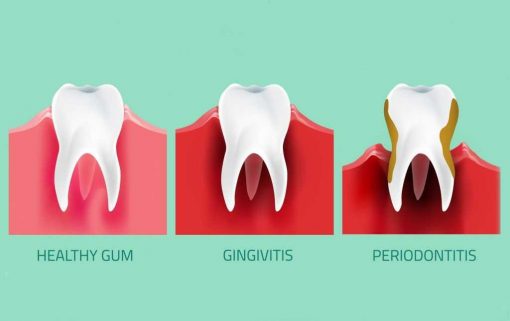
Dental work that involves the roots of the teeth can lead to gum recession in a few ways. First, it can cause the gums to become irritated and swell. This can make them more susceptible to damage, which can lead to the gums receding from the teeth. Secondly, it can lead to a condition called plaque buildup. Plaque is a sticky substance that forms on the teeth when there is bacteria in the mouth. This buildup can cause the roots of the teeth to become inflamed and irritated, which can also lead to gum recession.
Risk factors for gum recession after dental work
There are a few risk factors you should keep an eye out for if you’ve recently gotten dental work done. First and foremost, you’ll want to make sure you are cleaning the gum area surrounding your teeth properly. This is the best way to prevent plaque from building up and causing damage to your gums.
You Have Bad Oral Hygiene – Poor oral hygiene is the number-one risk factor for gum recession. When you don’t brush or floss your teeth properly, you risk plaque building up at the gum line. This can cause inflammation of the gums and lead to gum recession.
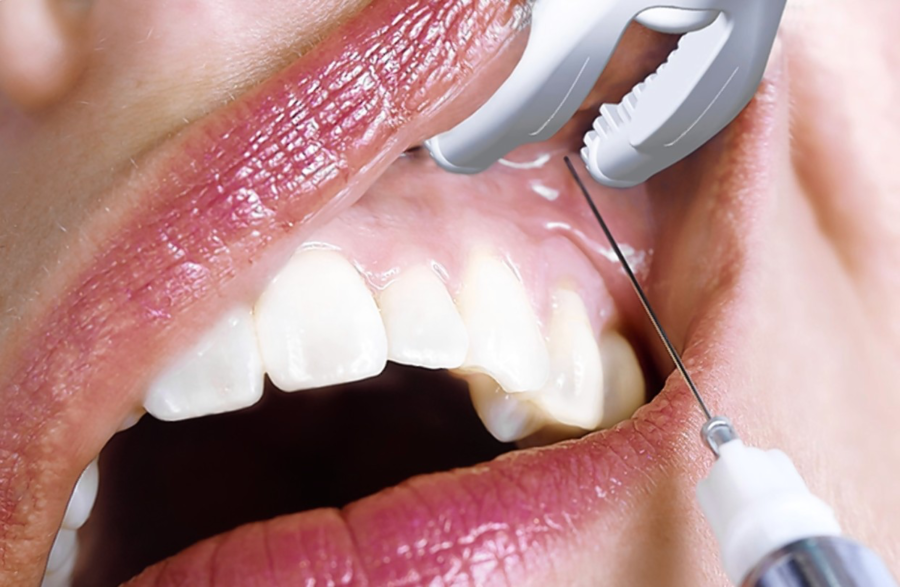
You Don’t Floss – Just as with brushing, flossing is an essential part of proper gum care. Without it, you risk plaque building up and causing gum recession.
Your Diet – Your diet plays a role in your gum health. If you’re not eating enough fruits and vegetables, you’re more likely to develop gum problems.
Getting Older – As you get older, your gums are more likely to recede. This is a normal part of aging, but you can reduce the risk by brushing and flossing daily.
How to prevent gum recession after dental work
Prevention is always better than the cure so it’s important to take the necessary precautions to ensure your gums don’t get worse after you’ve gotten dental work done. When you go in for your first appointment with the dentist, make sure you’re wearing your best smile. This means you should floss and brush your teeth right before you go so you can avoid getting any debris caught in your teeth.
Once you’ve gotten your teeth cleaned, your dentist will likely apply some sort of protective gum shield. This is there to help keep bacteria out of the gum line and keep your gums healthy so they don’t recede. You’ll want to make sure you’re following the instructions from your dentist and keeping the shield in place for as long as they recommend.
Conclusion
The mouth is a delicate environment and gum recession is a serious risk with any type of dental work. This can lead to gum disease and even the need for tooth extraction. While there’s no sure way to avoid this, you can take some simple steps to lower your risk of gum recession. As with any other invasive procedure, the best way to keep your gums healthy after dental work is to make sure you’re following the directions your dentist gives you. This includes brushing and flossing daily and using a gentle mouthwash to help soothe and clean the area where your dental work was done.

